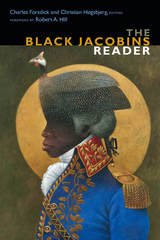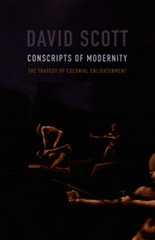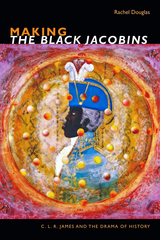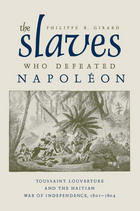To a contemporary audience, Haiti brings to mind Voodoo spells, Tontons Macoutes, and boat people--nothing worth fighting over. Two centuries ago, however, Haiti, then known as Saint-Domingue, was the “Pearl of the Antilles,” France's most valuable overseas colony, the largest exporter of tropical products in the world, and the United States' second most important trading partner after England.
Haiti was also the place where in 1801-1802 Napoléon Bonaparte sent the largest colonial venture of his reign: the Leclerc expedition. His goal was to remove the famous revolutionary Toussaint Louverture from office and, possibly, restore slavery. But within two years, the remnants of Bonaparte’s once-proud army were evacuated in defeated, and Haiti declared its independence. This forgotten yet momentous conflict, in which lives were consumed by the thousands, is this book’s main focus.
In this ambitious monograph, Philippe Girard employs the latest tools of the historian’s craft, multi-archival research in particular, and applies them to the climactic yet poorly understood last years of the Haitian Revolution. Haiti lost most of its archives to neglect and theft, but a substantial number of documents survive in French, U.S., British, and Spanish collections, both public and private. In all, The Slaves Who Defeated Napoleon relies on contemporary military, commercial, and administrative sources drawn from nineteen archives and research libraries on both sides of the Atlantic.
Due to its extensive archival basis, the book corrects the many factual inaccuracies that have plagued previous accounts. It also offers a more rounded view of the Haitian Revolution, going beyond mere military minutia to include the activities of U.S. merchants; the in-fighting within the French government; the diplomacy between both the French and revolutionaries with the United States, England, and Spain; and the lives of the maroons, women, and children caught up in the revolutionary struggle. This multidimensional work tells not only of barefoot black soldiers ambushing Bonaparte’s columns, but also of Rochambeau’s mixed-race mistresses, French child drummers, Jewish bankers in Kingston, weapon smugglers from Quaker Philadelphia, Polish artillerists, and African-born maroons struggling to preserve their freedom against both white and black opponents.
Equally groundbreaking is the book’s willingness to move beyond tidy ideological and racial categories to depict an Atlantic society at the crossroads of African and European influences, where Haitian rebels fought France while embracing its ideals. In the process, the reader is introduced to the extraordinary lives of multifaceted characters such as Wladyslaw Jablonowski, the son of a Polish woman and a black father who died fighting for France and white supremacy.














